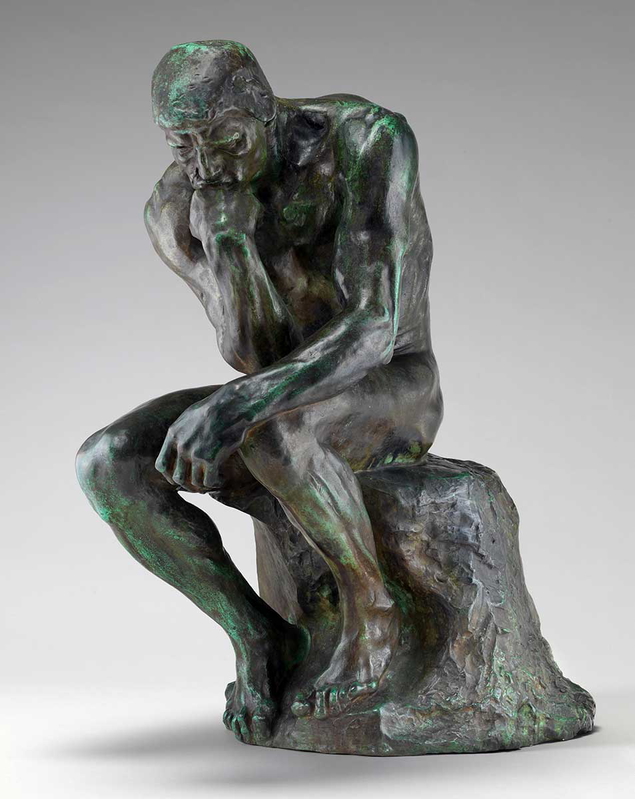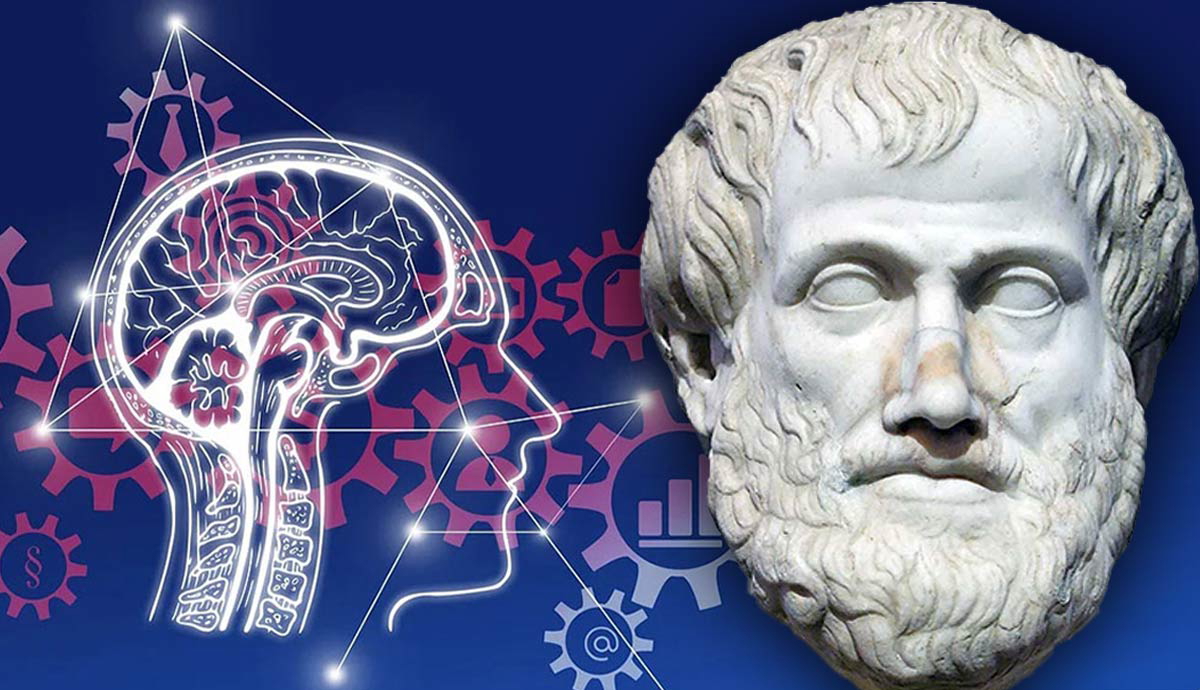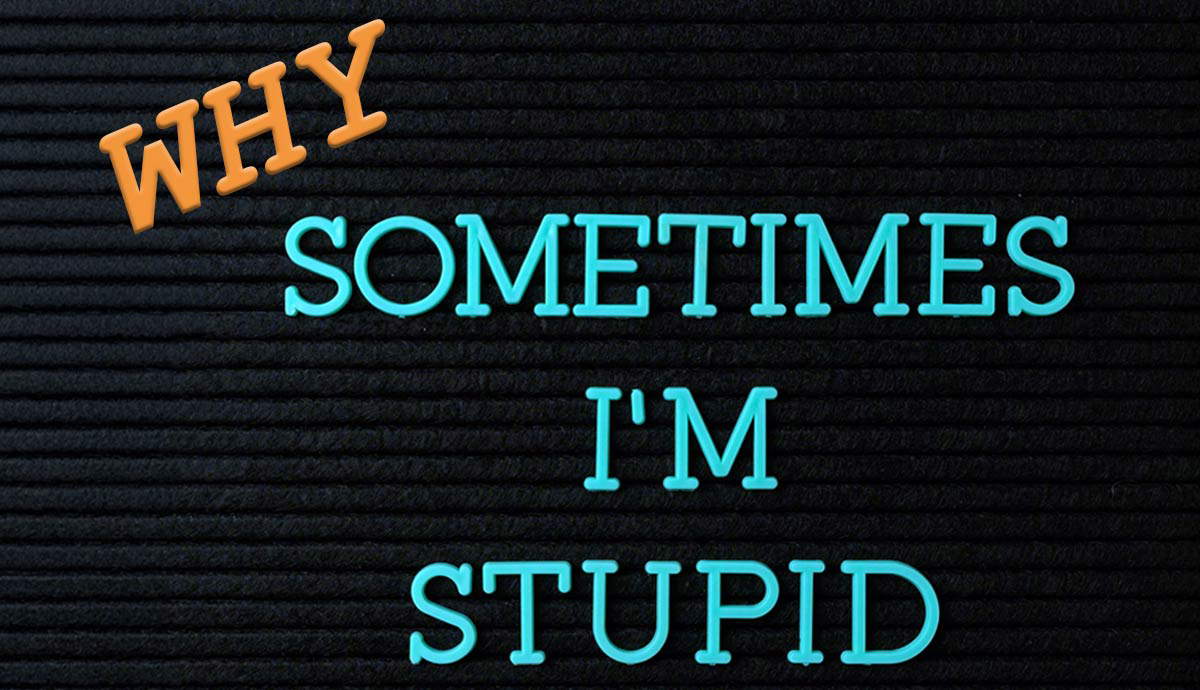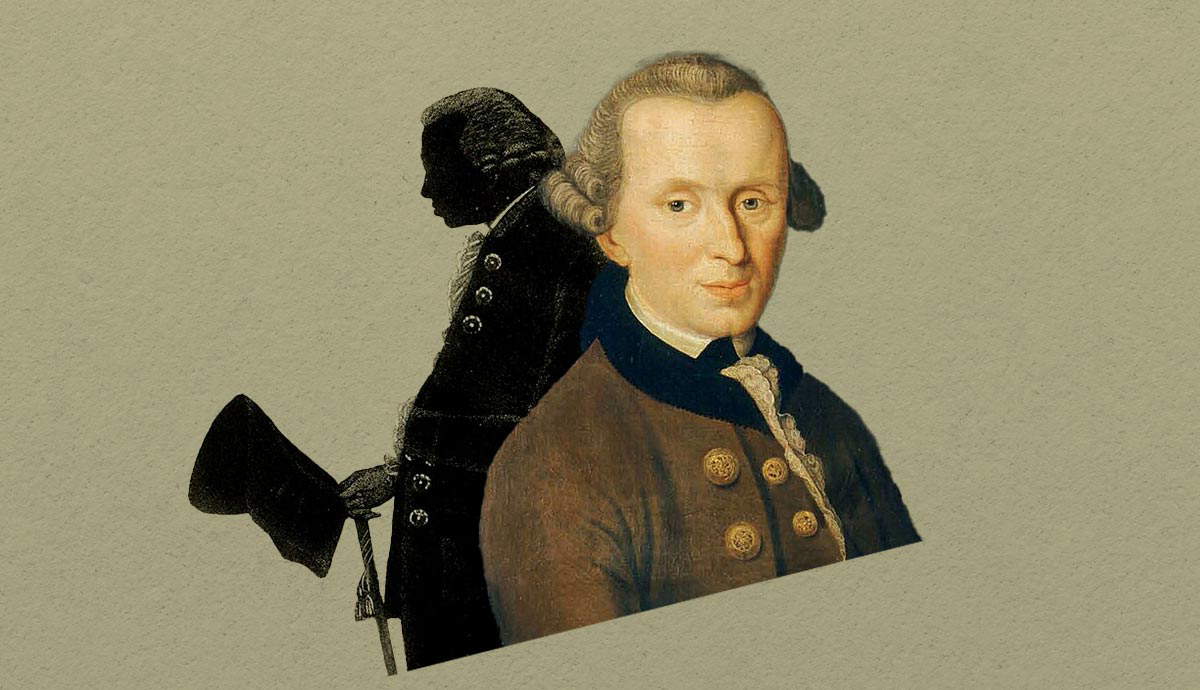
Logic is the global language of our contemporary world. Mastering the rules of logic is an indispensable tool for navigating both professional and personal affairs. We use logic all the time, in negotiations, forming our beliefs, decision-making, and our critical evaluations of most matters in our lives. Consciously understanding the underlying mechanisms of our thought processes is the only way to enhance them, thereby improving many aspects of our lives. Here is everything you need to start learning the magnificent language of rationality.
Fruits of Ancient Wisdom: The Three Rules of Thought

There are three basic rules to remember first and foremost when trying to master rational thinking. The rules of thought were developed by the most renowned ancient Greek philosophers, namely Plato and Aristotle. All forms of rationalism are based on these three fundamental laws.
The Law of Identity
Firstly, we have the law of identity, according to which everything is identical to itself. While this may seem self-evident, the importance of this axiom cannot be overstated. The law of identity forms the basis from which all other logical rules are derived and its first development dates back to Aristotle.
The Law of Contradiction

Secondly, we have the law of contradiction, which argues that no contradictory prepositions can coexist. For example, God either exists or doesn’t exist. God cannot simultaneously exist and not exist. Although this law is fundamental to classical logic, it was widely criticized by many schools of thought that followed what is generally called ‘dialectic reasoning’. Key figures such as Karl Marx, Georg Wilhelm Hegel, and Johann Gottlieb Fichte used dialectic reasoning to expound their philosophical systems.
Alternatively, prominent psychologists such as Carl Jung and monist philosophers such as Ibn Arabi developed theoretical frameworks where the tension and union of opposites played a central role. The distinction here is between ‘black or white’ versus ‘black and white’ reasoning. In Ibn Arabi’s philosophy, for instance, God simultaneously exists and doesn’t exist.
The Law of Excluded Middle

Last but not least, the law of excluded middle is expressed by the axiom ‘everything can either be or not be’. The law argues that any proposition can either be true or false. The third law emphasizes the absoluteness of truth values, denying any middle ground or relativity between the affirmation and negation of a knowledge claim. Accordingly, a proposition is either completely true or completely false, but cannot be simultaneously true and false.
Prepositional Logic: Mastering Inference Rules

Now that you know the foundations of rational thought, you can delve into the rules that are derived from them. The rules of inference in propositional logic are the basis upon which the vast majority of arguments are built. Prepositional logic deals with prepositions or simple statements as the basic units of a logical argument. Premises are the several knowledge claims that you employ to support your conclusion, i.e. the goal of your argument. The rules of inference are the various configurations you can use to validly derive a conclusion from a set of premises. Below are some of the most famous rules that you should keep in your logical toolkit:

Modus Ponens structures your premises as follows: (1) If X, then Y. (2) It is X. The Conclusion would then be Y. Let’s make it simple through the following example: (1) If it is raining, we should get our umbrellas. (2) It is raining. Hence, we should get our umbrellas.
Modus Tollens structures your premises as follows: (1) If X, then Y. (2) It is not Y. The conclusion would then be ‘not X’. Here’s an example using the problem of evil: (1) If an omnipotent and benevolent God exists, evil wouldn’t exist. (2) Evil exists. Therefore, an omnipotent and benevolent God doesn’t exist.

Disjunctive Syllogism structures your premises as follows: (1) Either X or Y. (2) Not X. The conclusion is then Y. Here’s an example: (1) Either you are very busy or you don’t want to spend time with me. (2) You are not very busy. Hence, you don’t want to spend time with me.
Hypothetical Syllogism structures your premises as follows: (1) If X, then Y. (2) If Y, then Z. The conclusion is then ‘If X then Z’. Here’s an example using the problem of free will and ethics: (1) “If human beings don’t have free will, they are not responsible for their actions. (2) If humans are not responsible for their actions, they should not be punished for their unethical behavior. Hence, If human beings don’t have free will, they should not be punished for their ethical behavior.
Understanding the Logic Behind the Logic

Predicate logic, also known as first-order logic, is more nuanced than propositional logic. It deals with the properties of, and relations between, the different parts of premises. Unlike propositional logic, predicate logic does not take premises as whole units but explores their internal structure through predicates and quantifiers. A predicate evaluates specific parts of a premise to evaluate whether it is true or false. For example, the premise “May is married to Robert” would be written in predicate logic as P(x,y) where x stands for May, y stands for robert, and the predicate P stands for “is married to”. The premise is only true if the predicate P correctly applies to the variables x and y, i.e. that May and Robert are indeed connected through marriage.

Quantifiers deal with the applicability or scope of a certain property to a certain domain or group. There are two types of quantifiers: universal and existential. Universal quantifiers deal with premises that apply a certain property to all elements of a specific domain. For example, in the statement “all humans are mammals”, the quantifier is ‘all’, the domain is ‘humans’, and the property is ‘mammals’.
Existential quantifiers, on the other hand, deal with premises that apply a certain property to only some elements of a specific domain. For example, in the statement “Some of these employees are unsatisfied with their salaries”, the quantifier is ‘some’, the domain is ‘employees’, and the property is ‘unsatisfied with their salaries’. Anything that is not universal is categorized as existential, even if the property in question applies to 99% of the domain.

The most famous rule of quantification is universal instantiation, which can be expressed as follows: If a certain property applies to all members of a domain, then any member of that domain would have that property. Consider, for example, the following two premises: (1) All married couples are unhappy (2) May and Robert are married. According to the rule of universal instantiation, the conclusion would be (3) May and Robert are unhappy.
Now that you are familiar with the most important rules of logic, take some time to register and integrate them until they become second nature.








